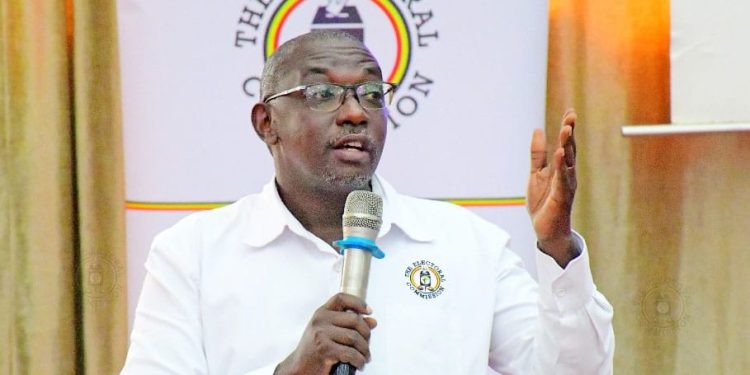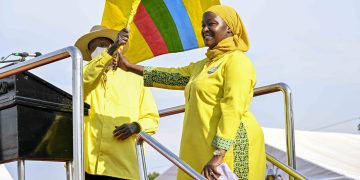The Electoral Commission (EC) has kicked off regional conferences to elect representatives of non-unionised workers, a key step in forming the Electoral College that will select Members of Parliament representing workers in the 2026 general elections.
The one-day conferences took place on Monday, September 1, at four regional centres: Jinja Senior Secondary School (Eastern), Acacia Country Inn in Mbarara (Western), Kyambogo College School in Kampala (Central), and Pauline Hotel in Lira (Northern).
According to EC spokesperson Julius Mucunguzi, non-unionised workers are formally employed Ugandans who are on the national voters’ register but do not belong to any labour union. “They are bona fide voters who, though not unionised, must have a voice in the election of workers’ representatives,” he said.
The election process started at sub-county level, where 10 delegates — including at least three women — were chosen to advance to district-level voting. These delegates then met at the regional centres to elect 10 representatives each, ensuring a minimum of three women per region. By the end of Monday’s exercise, 40 delegates had been selected.
“These 40 will join others nominated by registered labour unions to form the Electoral College that will elect MPs representing workers between January 12 and February 9, 2026,” Mucunguzi explained.
The regional conferences, running from morning until 4 p.m., included voter education, nominations, brief campaigns, and voting. The EC reminded participants to maintain order, respect the rules, and use peaceful and respectful language.
“We ask all those gathered in the four centres to conduct themselves peacefully so that this exercise is carried out in a manner that gives pride to the electoral process,” Mucunguzi appealed.
The election of non-unionised workers’ representatives is part of the EC’s broader roadmap toward the 2026 general elections.





















